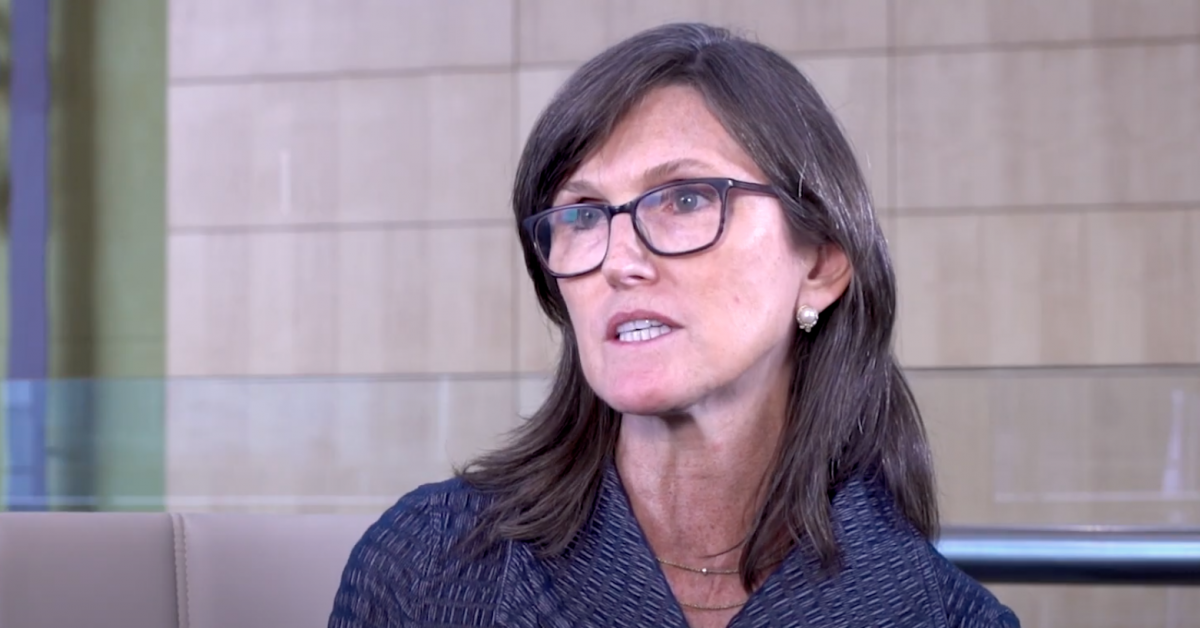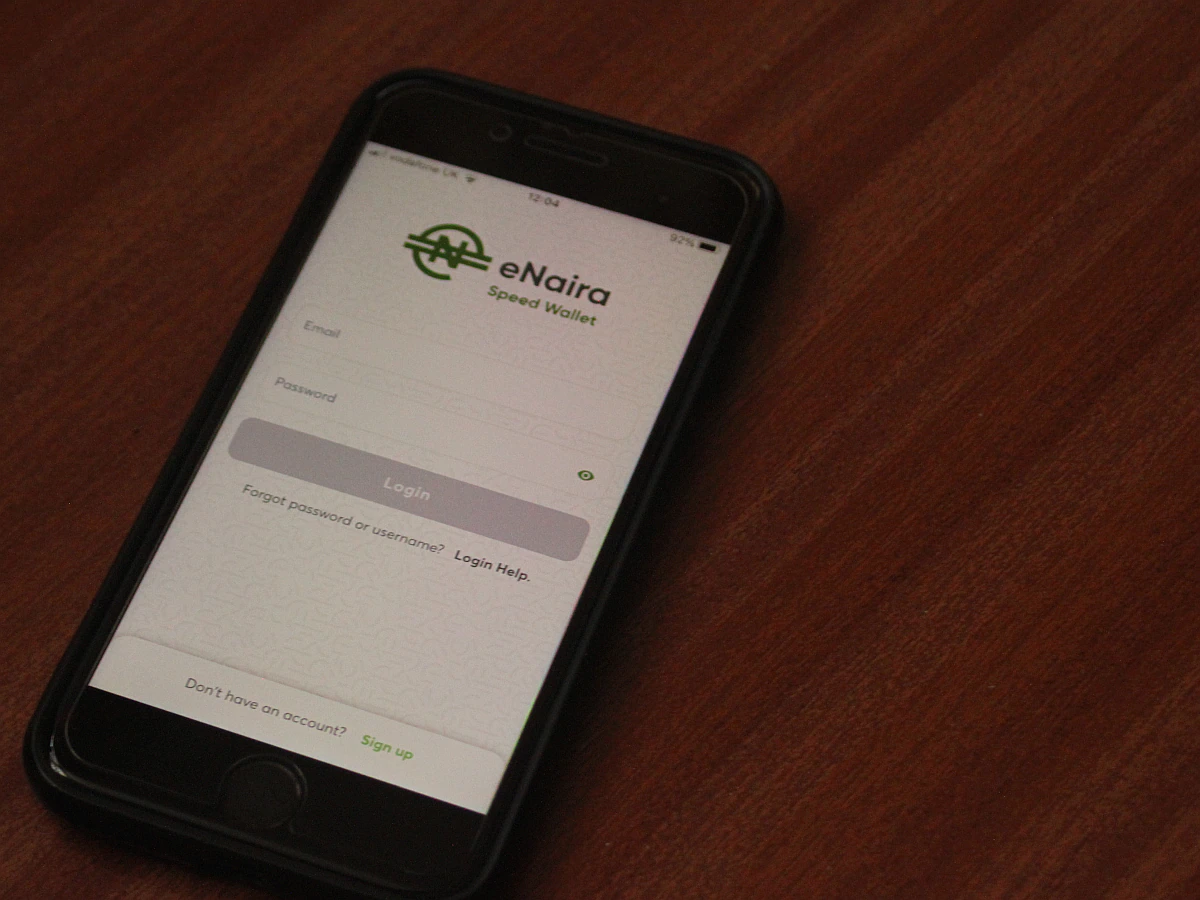In Fintech, Fiat and Crypto Worlds Are Converging
(Lance Grandahl/Unsplash)
Ajit Tripathi, a CoinDesk columnist, is an executive director at Binance and the crypto co-host of the Breaking Banks Europe podcast. Previously, he served as a Fintech Partner at ConsenSys and a co-founder of PwC’s U.K. Blockchain Practice. The opinions expressed here are his personal views.
I will never forget the day in March 2015 when I suggested to a senior partner at a Big 4 firm that the firm should start a blockchain practice. His first question was, “Isn’t ‘blockchain’ something that people use on the dark web?” It’s quite amusing that someone who didn’t know blockchain from bitcoin had heard of the dark web.
No one worth a dime in consulting argues with customers. Senior investment bankers were really bored with the compliance word salad and yearned for the pre-2008 era of furious innovation. So I and a few others who “got it” stopped asking for permission and started talking to clients about crypto and blockchain. Once board-level clients in bulge-bracket banks like UBS and SocGen started inviting we mavericks to talk about blockchain, blockchain became quite a hot topic at the firm. By the time we had secured a blockchain project with the hallowed Bank of England, quite a few people at the firm wanted to be blockchain leaders.
Back then, the guidance from the firm was, “Blockchain might be ok but we don’t do cryptocurrency work.” Now, five years later, my good friend Henri Arslanian (at PwC) has built a thriving global cryptocurrency (not DLT, not blockchain) practice based in Hong Kong, and other Big 4 firms are trying to follow. Further, most of the revenue from these blockchain practices have come from the crypto sector, not from “enterprise DLT.”
What changed is that people 100 times smarter than me, like Marc Andreessen, could see where the world of blockchain was headed. They figured out that while secure shared ledgers offered interesting possibilities, the real value of blockchain technology lay in the original internet-of-value hypothesis. They saw there were real socio-economic issues that needed solving, and that the fringe cypherpunks who participated in Occupy Wall Street were working with cryptocurrencies and public blockchains. No wonder that an overwhelming fraction of value in the sector has been created and captured by cryptocurrency firms. After all, Unicorns are born out of solving tangible problems for people.
Crypto flows to banks
COVID-19 has led governments to print an extraordinary amount of money. The Federal Reserve’s balance sheet is now worth more $5 trillion for the first time, as U.S. national debt surged to over $25 trillion in 2020. As a result of all of this money printing for the second time in 10 years, sound money is no longer a meme on Twitter.
It’s entirely reasonable for institutional investors today to rethink the value of money that’s not printed by the government. Asset managers work to meet the financial goals of their clients, and if the money they are managing isn’t robust it’s really hard to do that. They are looking to manage sound money and not a set of numbers that may or may not hold in six months’ time.
By the time we had secured a blockchain project with the hallowed Bank of England, quite a few people at the firm wanted to be blockchain leaders.
This shift is highlighted in Fidelity’s recent report with high-quality data that confirms what I knew from the sentiment in the banking community. The report extrapolates that 36% of 800 institutional investor respondents in the U.S. and Europe are currently invested in digital assets, and six out of 10 believe digital assets have a place in their investment portfolio. The key characteristic of digital assets for these investors, the report says, is they are uncorrelated to other assets. Interestingly, 25% of European investors find it appealing that certain digital assets are free from government intervention, whereas only 10% of investors in the U.S. feel this way.
Institutional investors, especially those investing on behalf of or managing client money, typically require a regulated environment and institutional-grade infrastructure to securely hold digital assets. Banks have historically offered custodial services for not only fiat money and securities, but also commodities like gold, diamonds and other valuables such as property papers in their vaults. And it seems banks want to extend this custody legacy to crypto assets.
When the German regulator BaFin issued a licensing regime for digital asset custody, over 40 banks applied for the license and this number has since grown to more than 60. In Switzerland, banks have gone a step further, with SEBA and Sygnum launching full fledged retail and transaction banking services for crypto. Responding to the demand from institutional customers wishing to secure their crypto assets in a regulated environment, Dutch bank ING is also working on a crypto custody solution. I predict that the custody of crypto assets will become a regulated service dominated by regulated institutions.
Fiat flows to crypto
Two years ago, when Coinbase obtained a Barclays account, it was controversial front page news in the financial press. However, this relationship was short-lived. This year JPMorgan announced it will bank both Coinbase and Gemini. The reaction in the financial press was more “Hey, that’s great” than “No way!”
Most mainstream crypto exchanges today, including Binance, offer a variety of fiat rails to allow customers to exchange value between traditional and crypto assets freely and inexpensively. These solutions range from pooled bank accounts with high street banks to virtual IBANs provided by electronic money institutions. These banking relationships have made the crypto ecosystem safer for customers by reducing the cost and risk of fraud associated with some alternative payment systems, and the lack of transparency associated with some of the stablecoins that were available in 2017 and 2018.
This trend of crypto firms and banks partnering at scale is part of the broader democratization of payments systems around the world. Regulators in the U.K. and the European Union are implementing Payments Systems Directive II to foster greater competition by pushing banks and credit card providers to open access to a wider range of services at a far lower price than was available previously. In the U.K., the Bank of England’s Faster Payments scheme has allowed users to move money for free and on a near instant basis. The EU also has its own SEPA Instant system that does the same for the euro across its 38 member states.
Satoshi’s vision… has inspired a whole generation of innovators and entrepreneurs to look at money, payments and banking from the first principles.
Meanwhile, sustained demand for crypto has led some “fiat fintech” firms to integrate “crypto fintech” into their banking and payments experience. Revolut allows customers to buy and sell crypto from their banking app effortlessly. Robinhood’s and Square’s cash app allow customers to manage crypto assets in the same way as stocks and bonds. This trend of fintechs providing customers a single integrated crypto and fiat experience will undoubtedly accelerate in the near future.
Satoshi’s vision of peer to peer electronic cash has inspired a whole generation of innovators and entrepreneurs to look at money, payments and banking from the first principles. This may have started from the anarchist fringe following the 2008 financial crisis but it is now a broad movement going mainstream.
A new way of thinking about money, banking and economics has inspired banks and regulators to take a fresh look at whether or how the monetary system is working for society at large. As the pace of digital assets and fiat systems coming together accelerates, I hope a world will emerge where customers have greater financial freedom, wider choice and increased access to capital, payment systems and investments than they have today.
Disclosure
The leader in blockchain news, CoinDesk is a media outlet that strives for the highest journalistic standards and abides by a strict set of editorial policies. CoinDesk is an independent operating subsidiary of Digital Currency Group, which invests in cryptocurrencies and blockchain startups.









